Stop the presses: Ingrid Hope wins Influential Women in Business award
A small-town company makes a lasting impact
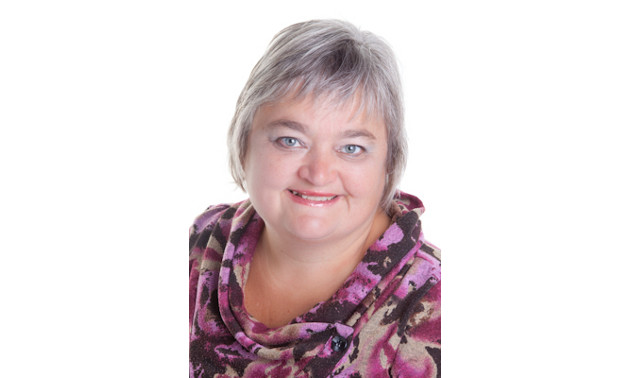
Ingrid Hope is owner and president of Hall Printing, Trail, B.C. — Photo courtesy of Ingrid Hope
Q: How many employees do you have?
A: We have 14 employees in the two offices, in Trail and Nelson. The Trail location is our head office—that’s where we do our accounting and administration, and we have our presses, copiers and the bindery there. In Nelson we have graphic services, copiers, large format printing and a smaller bindery there too.
Q: Who is your typical customer?
A: We’re mostly business-to-business. We do projects for Teck, the cities and villages in the area, Columbia Basin Trust, Columbia Power, Kootenay Savings and lots of small businesses. For our copying services, we do a lot of work for non-profit groups. We have a full-colour press, so we can do flyers, brochures, books—pretty much everything. In a small town you have to be able to do a lot of different things, in small quantities, of course. Then we do large-format printing, like posters; we do die-cutting for special shapes and we also do engineering drawing and copying. That’s actually become a big part of the walk-in business at the Trail office, with quite a few contractors using that service. A lot of contractors have their own machine for copying, but this type of thing is our specialty, so we can save them a lot of time so they can get on with their business.
Q: Would it be correct to assume you have a lot of money tied up in equipment?
A: We do, and that’s a lot of the reason we’re successful. We can’t afford the time or cost to be shipping things out for ancillary services. We have all the equipment here even though it may not be used daily. We have companies that subcontract for us in Vancouver and Calgary, for instance, who don’t own the variety of equipment we do, because a bindery or die-cutting business may be just down the street. They can keep their costs down because the volume of work allows them to specialize and have less equipment and no equipment that sits idle.
One of the reasons we can afford to have all this equipment, even though we’re in a small town, is that we have big companies like Teck and the regional hospital, and back in the day West Kootenay Power, who require us to have the equipment for quick turnaround. It’s a big advantage to us to have their work. They don’t want to wait for us to send the work out to get folded or bound. In this age of technology, you just can’t keep people waiting. That’s why we’ve always had good equipment, because we’ve had a great customer base.
Q: You mentioned graphics. Do you have a designer?
A: We have designers on staff. We don’t do a lot from scratch, as we get a fair amount of work from outside designers, but we do have the capability of doing it from scratch. We do a lot of forms, invoices and such.
Q: What have you found to be some of the challenges of having your business in a relatively remote location?
A: Well, in the winter we have challenges getting our paper here if the trucks can’t make it through from Vancouver. So then we have to call our customers and tell them that the work will take longer to complete. Even though everybody knows what the weather is doing, it sounds like an excuse. Getting things repaired can be tricky.
We are super lucky to have Teck in our back yard. There still are a lot of well-trained tradespeople around, and even though they are not print-repair people, they can help when we have a breakdown, at least with some of the mechanical repairs. If not, I have to call someone in, and that’s at a cost of at least $3000. Scarcity of suppliers for this area can make it difficult, because they don’t have to be competitive with their prices or prompt with their service, and that can be frustrating.
I just hired two experienced people, and I had to find them out of town. It’s a challenge to find experienced printing people locally. But of course they can be trained, so that’s OK, though we have to send them away for the training, which costs money.
Q: What’s the upside of doing business in this community?
A: I think it’s awesome that we get to know everybody here. I love knowing my customers. I really think it’s neat that when I go out, I see people that are my customers. People who come here from the city are always amazed at how many people I know when we’re out and about. I find that knowing people is an advantage when it comes to selling to them. They will walk into the store and I already know what they do, and I can help them to decide exactly what they need, because I know how big the company is, what products they could use, the size or amount that would be appropriate. I find that it’s a real advantage not to have to learn about them from scratch.
The flip side of that is that they know who we are too. They know where to find us, they know they can depend on us, and they know they can seek me out if they have a problem. When we see each other out and about, they may stop to discuss their plans and ask for some help or suggestions. That’s an advantage of being in a small community, and I really like it.
Oh, and of course I really like living here! That’s the number one advantage, I think. We raised our family here; our grandchildren are here. It’s nice to be able to work where you play.
Q: With knowing so many people and being so well-known, do you ever feel like you can’t get away from work?
A: Sometimes, maybe. I’m getting better at it though.
Q: How have you learned to cope with it?
A: Well, sometimes I used to feel as if I was working all the time, but as time went on I started to feel proud of what I’ve built and what I stand for. It’s become so much a part of me that it’s not really work any more. When I’m out chatting with someone, we just talk about what we know, and for me that involves what I do. But it doesn’t feel like work, the way it would if I were an employee. This has become a big part of my life, and I have emotional ties to it; it’s become kind of who I am.
I get a lot of positive reinforcement as a business owner too. Things don’t always go well, but on the large scale I get more positives than negatives.
Q: Do you have a business philosophy?
A: I’m kind of a logical thinker, so when people come in with a problem, I believe it’s my job to figure out what they need, at a price they can afford, and to keep it simple. We’re basically a problem-solver in the printing industry. It’s not about us, it’s about what the customer needs. There’s nothing that comes off the shelf here—all of our printing is custom printing. Every single person who comes in this place gets something that’s specific to them. We talk to our customers to learn what they want, and we always do our best to provide it. We have to figure out a way to give them what they need, and if we can’t then we offer a solution or alternative, while keeping it manageable. You have to keep it simple for people or they won’t do business with you. And you have to solve their problems—that way they will remember you and come back.
Q: As a winner of the IWIB award, have you received any feedback?
A: Yes, I’ve had lots of feedback. I had a letter from the mayor of Trail, councillors from many of the surrounding communities have phoned me, quite a few of my customers have sent me emails of congratulations, the chamber has contacted me. I think people notice these kinds of awards. I don’t know who nominated me, but I want to thank them. I would also like to thank my awesome, special employees. They are fantastic support and the real reason we continue to succeed in a tough economy.
Q: Is there anything else you’d like the community to know about you, or about your business?
A: I haven’t touched on the environmental stuff that we do. We are Forest Stewardship Certification approved. That’s a chain of custody certification for paper, and we are certified under them to print. The press that we bought is more environmentally friendly because it doesn’t use any water for wash-up, and the plate-making process is chemical free. We have been trying to move in that direction. It reduces waste because it uses less sheets of paper for setup and running. The environmental advantages are a big reason for the purchase of that press. We recycle all of our paper, and the chemicals that we do use are recycled and disposed of properly. [About] 90 per cent of our house papers are FSC certified, even though it costs a bit more, so we know that the paper has come from a responsible source. I believe in the philosophy of good stewardship, and so do my employees.
We also started a car pool. We bought a car and we carpool to work now. Some days it works great and some days not so great, but we’re trying. Four of us live in Fruitvale, which is a 20-minute drive away, so Hall Printing bought the car and pays for the gas. It’s to get people more aware of these issues.

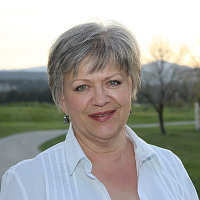
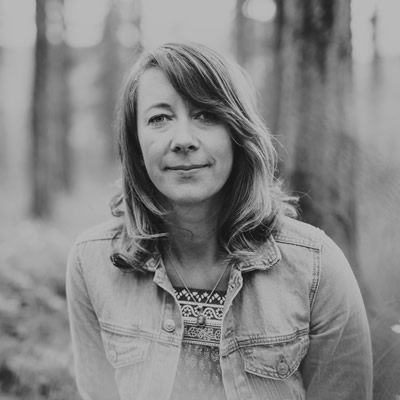
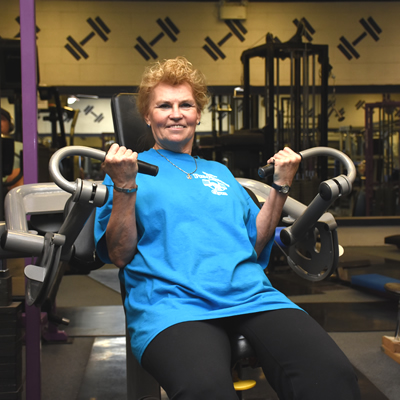
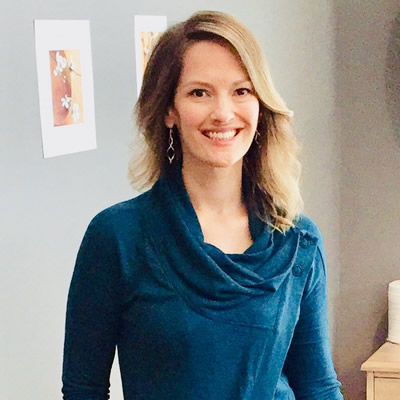

Comments